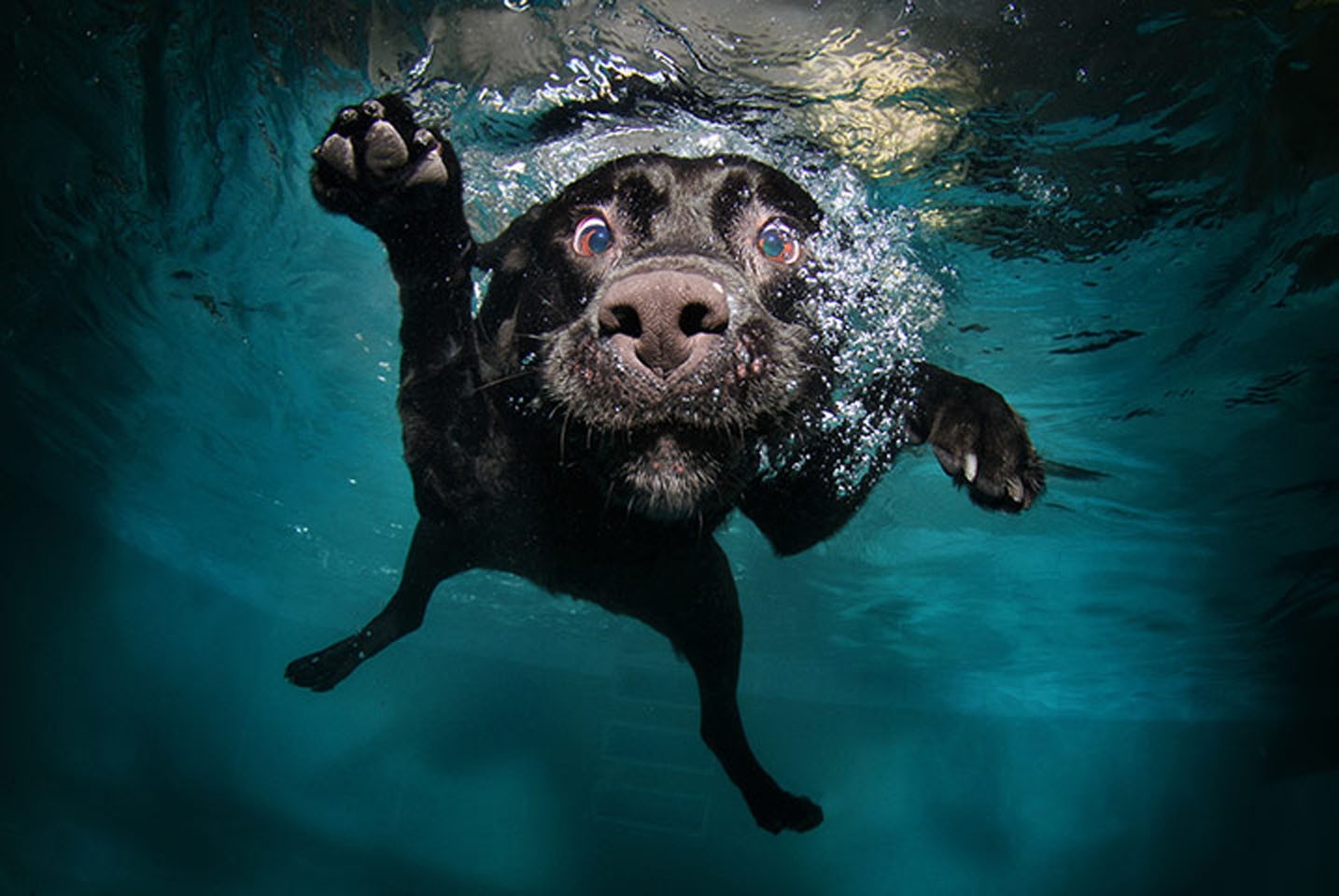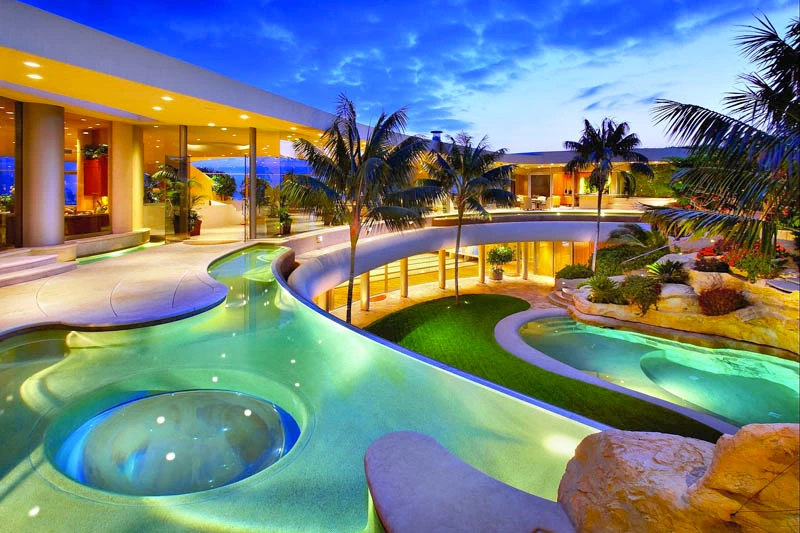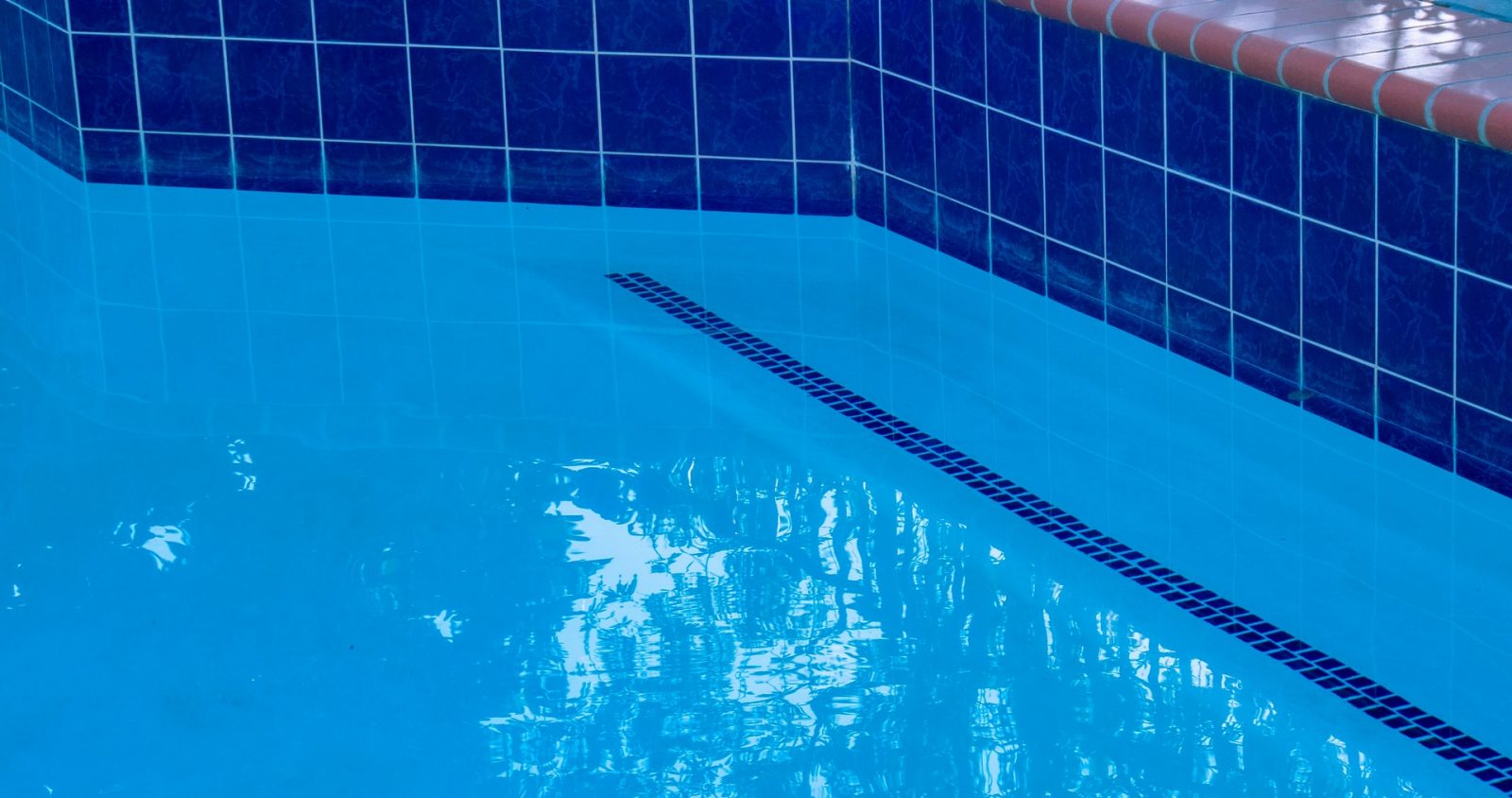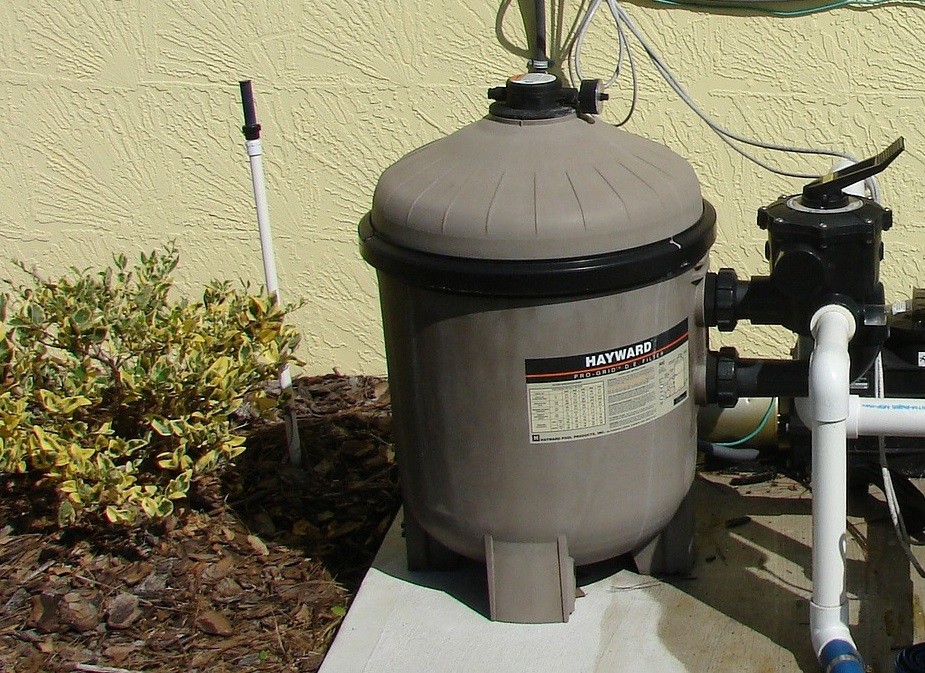Common reasons why most pool pump overflows are that the pool pump lid has been damaged or has leakage that needs replacement. The O-ring should be tight and lubricated during installation to ensure the pump lid is sealed correctly.
Sometimes, when your pool overflows, it is possible that the drainage system can no longer hold the volume of the water and may cause a leak in your pool pump.
Overflowing water from the pool is usually a minor issue. It usually happens during heavy rainfalls. Another reason is the pool pump is not properly working, but there are some procedures that you need to consider to stop the overflowing of water from your pool.
Here is a closer look at each of the common causes of pool pump leaks to have a better understanding of how to fix the problem.
Pool Pump Leaks on Shack Seal
Every pool pump has an O-ring sealed around the mechanical shaft that helps water keep from leaking behind the impeller.
Once the seal gets old, it may cause a leak, and the water runs through the backside of the seal plate, going to the hole where the mechanical shaft goes. Monitoring your pool pump is very important, and sometimes replacing it could save the water from overflowing.
Additionally, the first thing you need to do when you purchase a new seal is to check the model and make of the seal, which you can find through the label of the pump housing. You can buy from a local store with the exact specifications.
Pump Housing Leakage
This pump housing connects to the seal plate of the pump. It can also leak if the bolts or clamp is loosened and the O-ring is not correctly sealed.
In any case, if there is a freeze, the pump will automatically freeze and stop working. You will be required to purchase a volute ( a spiral-shaped pump casing). Also, if you encounter a severe problem, call a professional to repair your pump housing.
Pump Drain Plugs
These pump drain plug leaks water if the O-rings are missing and drips when the pump is off. It will take in the air when the pump is on. So, the Teflon tape should be installed properly, which helps prevent it from leaking.
Moreover, the pump drain plug is easy to use. Just remove the plug, then turn on your pool pump, and the water will drain itself.
While draining the water from the pump, check it from time to time until the water returns to its normal level on the skimmer. Then, stop the pump and return the drain plug to the pump.
Outlet Fitting Leaks
Some people think this is a shaft seal, but it is not. Many pool owners mistake it as a shaft seal leak because the water will be seen dripping or leaking at the bottom.
You should check closely, and you will see that the water is leaking from the threaded PVC fitting screws and into the outlet port.
When you say outlet fitting, it is a reinforcing fitting mainly used for branch pipe connection. To fix the leak, immediately replace the fitting and coupling. Using a potty will not fix this type of leakage.
Inlet Fitting
It is a fitting or fixture in which circulated water enters the pool, spa, or hot tub, mainly located at the inlet side. It is another location where water can leak. Once the pump is turned on, a leaked inlet fitting will suck in air that will damage the pump.
Meanwhile, a leaked inlet fitting will leak water if the pump is turned off. It will happen if the fitting is loose. You can use a pool silicone sealant or a putty to fix this issue.
Pump Lid
The pump lid can also cause leakage of water. Same as the suction-side leakage, if the pump lid is damaged, it will also leak water when the pool pump is turned off. It can be challenging for you to see the leak when the pump is running. The most common problem in pump lids is a crack. Therefore, make sure to replace the lid once you notice a crack on it.
During the replacement of the lid, ensure the O-ring is lubricated and tightly sealed. A poorly installed o-ring will cause the pump lid to dribble when turned the pump is not running.
Moreover, avoid using vaseline as a lubricant as experts do not recommend it. Utilizing a lubricant intended for the pool equipment is better to keep it safe and prevent pool pump leaks.
How to Avoid Leakage in Your Pool Pump

Although pool pump leaks are inevitable due to the normal wear and tear of the pool pump parts and the pool pump itself, you can still avoid it from happening prematurely. Lengthen the lifespan of your pool pump by ensuring that you are giving it proper care.
Ensure that you will take time to inspect your pool pump and make sure it is clean and working correctly during your weekly maintenance. It will help you avoid any leakage from happening in your pool pump.
To ensure that everything is still in a good place and good condition, ensure a thorough inspection of the pool pump seal such as the o-ring, sealant, screws, or pool putty.
Final Thought
Cleaning your swimming pool regularly is highly recommended. It keeps your pool away from any small particles or debris that can cause damage or leakage to your pool pump that causes overflowing of water.







